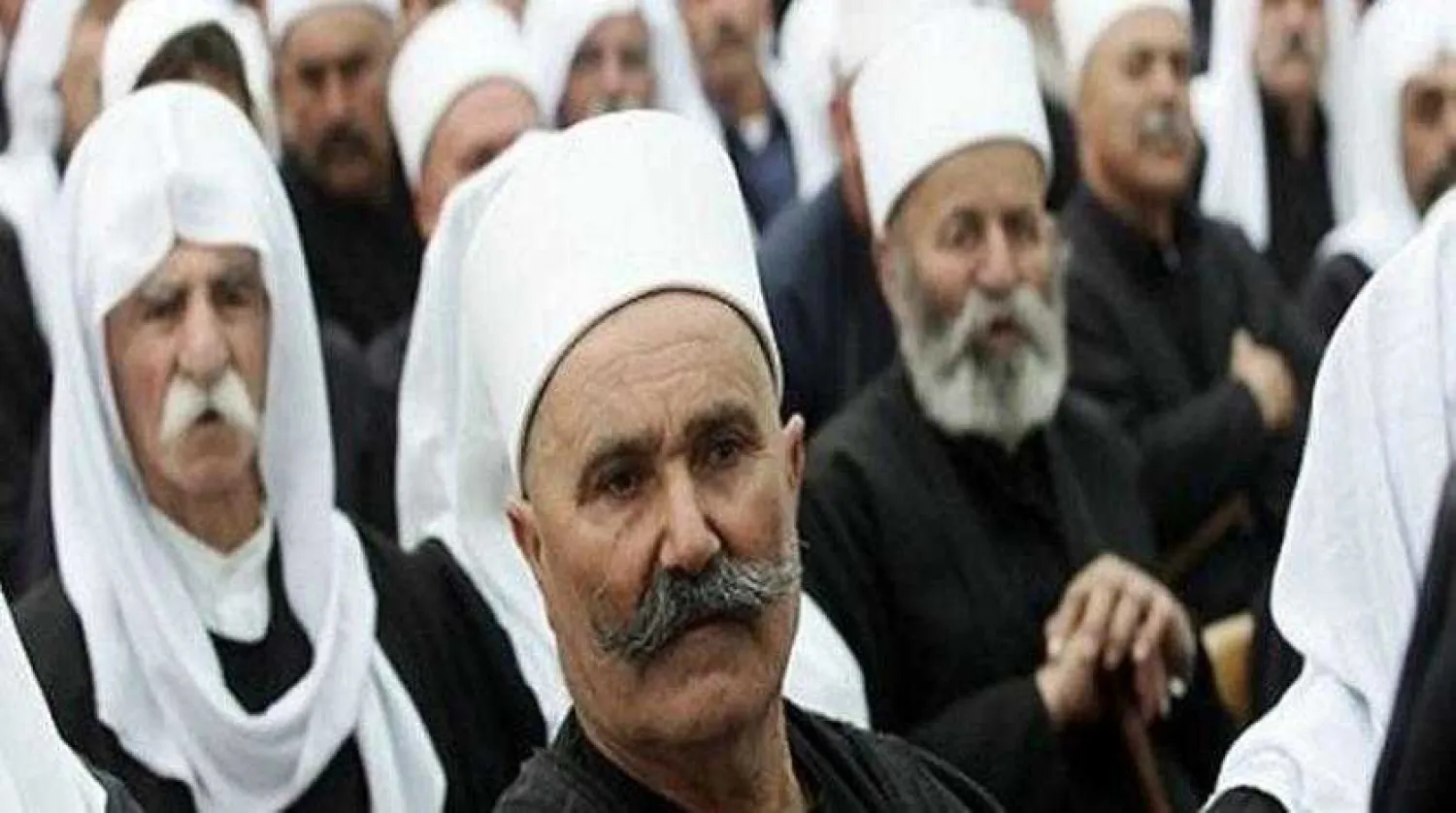Israeli Prime Minister Benjamin Netanyahu failed on Thursday to reach an agreement with Druze leaders over the controversial “Nation State Law”, which has been recently passed by the Knesset.
The law has been described as “racist” by many parties in Israel.
The Israeli army has held a series of meetings and talks with recruits from the Druze community amid Israeli fears of unrest that could seep into the army following a wave of rising protest against the law.
Netanyahu held his latest meeting with Druze community leaders in his office in Jerusalem.
The meeting, which was attended by Druze Minister Ayoub Kara and Minister Yariv Levin, aimed to discuss a document of principles proposed by parties and mediators to resolve the crisis stemming from the nation-state law.
The document provides for the establishment of the legal status of the Druze community because of its contribution to defend Israel, and it provides support for the Druze institutions and population.
Netanyahu abruptly ended his meeting with Druze leaders after one of them accused him of leading Israel to an “apartheid state.”
The meeting’s rapporteur denied that the word “apartheid” was used.
He accused Netanyahu of making a "miserable and unsuccessful attempt" to sow discord among the Druze in order to hinder the preparations for the large demonstration that will take place on Saturday night in Tel Aviv’s Rabin Square.
Netanyahu asked to meet Druze spiritual leader Sheikh Muwafak Tarif and heads of local Druze authorities only, without the Druze officers who initiated the sit-in protest, headed by Amal Asaad, but they refused and left the room heading to Rabin Square, according to the rapporteur.
Head of the local council of the Druze village of Yarka in northern Israel Wahib Hobeish, who participated in the meeting with Netanyahu, revealed that just two minutes into the meeting the PM called it off after realizing that the Druze were determined to amend the law.
“We will ensure that the law is amended and our children live proudly in the democratic State of Israel, which maintains equality among all its citizens," Hobeish said.









